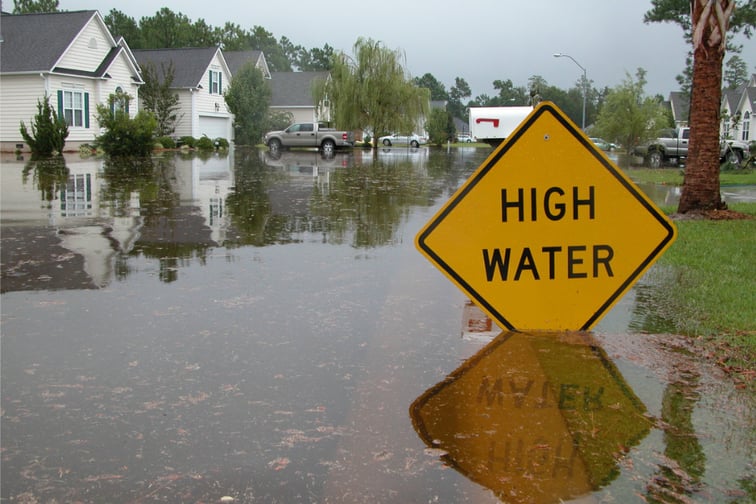

According to data collected by the Insurance Council of New Zealand Te Kāhui Inihua o Aotearoa (ICNZ) over March 2022, provisional insurance claims for the rain, thunderstorms, and flash flooding that affected much of the top half of Te Ika-a-Māui (the North Island) have reached an initial $79.61m across 7,647 claims. These comprise 5,634 domestic, 1,310 commercial, 588 vehicle, 51 business interruption, and 64 other claims.
ICNZ chief executive Tim Grafton said that climate-driven extreme weather events have “continued to dominate” 2022 headlines so far, with the $44.4m provisional claims for last February’s cyclone Dovi following a “record year” for extreme weather-related claims in Aotearoa, 2021 seeing $324.1m worth of general insurance pay-outs following extreme weather events.
More recently, the focus has been on badly affected coastal communities and new sea level rise data. However, claims arising from March’s storms emphasize that it is not just coastal and rural areas badly affected by storms and flooding.
“As we’ve seen repeatedly in Auckland, dense urban areas that are highly paved, and where stormwater systems evidently prove inadequate, lead to the misery of flooding for many families and businesses and ongoing flood risks and costs for them and insurers,” Grafton said. “Taking action to reduce these risks through how we build and maintain our cities as climate-change impacts like these events become more frequent and severe is essential. At-risk urban communities should be just as concerned about this as coastal communities are about sea level rise. Proactive, coordinated action to reduce the risks of climate change must be given much higher priority than it has been.”
January’s Hunga Tonga-Hunga Haʻapai eruption also resulted in a tsunami, the provisional cost of claims within Aotearoa coming to $5.88m across 60 claims. This has now been finalised at 69 claims totalling $5.94m, the ICNZ reported.
